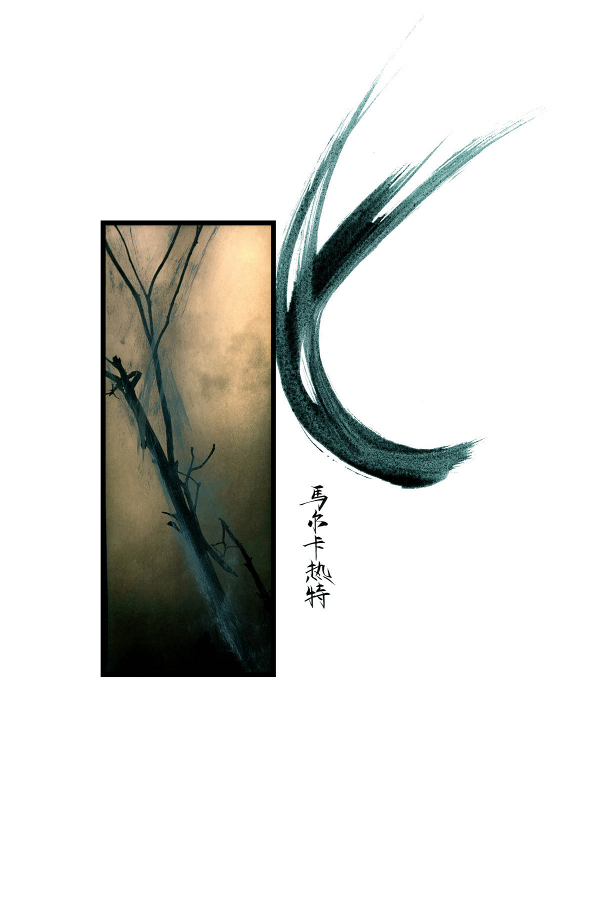
To insist on history is not an innocent move. Yet the facts of a truth’s history do not make it untrue or even less true. Foucaultian genealogies do not refute; their power lies elsewhere. Genealogies seek to shape the relation we have to a truth: the ways in which we take up a truth, hold and use it. There is not just one way of relating to a truth; there is not just one way of remaining true. Indeed, sometimes the way to stay true to something is to work against that which limited it. This is the work that critical thought performs on itself.
Foucault used to say that he had far too much respect for the truth to think that there could be only one. Inspired by the ancient Greco-Roman practice of philosophy as a spiritual exercise or way of life, Foucault cast his intellectual work as an attempt “to learn to what extent the effort to think one’s own history can free thought from what it silently thinks and so enable it to think differently … After all, what would be the value of the passion for knowledge if it resulted only in [the accumulation of] a certain amount of knowledgeableness and not in the knower’s straying afield of himself?” In what became the final years of Foucault’s life, his search for non-moralizing approaches to sexuality led him to stray into the twentieth century Chicago school of economics, into the “philosophical spirituality” of ancient forms of practices of the self, as well as into the “political spirituality” of the Iranian Revolution. While many of Foucault’s readers have responded with incredulity at Foucault’s uptake of the “s” word, studying and immersing myself in Foucault has never felt qualitatively different from studying and immersing myself in Zen: both demand equal parts surrender and critique. After all, the hermeneutics of suspicion that is so often claimed as a crucial component of modernity (think Nietzsche, Marx, Freud) questioned not only religion but also reason.
⁂
Zen was brought to the West by “an elite circle of internationally minded Japanese intellectuals and globe-trotting Zen priests,” writes Buddhist scholar Robert Sharf, “whose missionary zeal was often second only to their vexed fascination with Western culture.” Consider Sharf’s portrait of D.T. Suzuki (1870-1966), whose popular writings contributed in no small measure to many of the productive mis-recognitions that bedevil American Zen. Sharf writes:
Having lived through the military humiliation of Japan at the hands of the ‘culturally inferior’ Occidental powers, Suzuki would devote a considerable portion of his prodigious energies tantalizing a legion of disenchanted Western intellectuals with the dream of an Oriental enlightenment. Yet all the while Suzuki held that the cultural and spiritual weaknesses of the Occident virtually precluded the possibility of Westerners ever coming to truly comprehend Zen. One is led to suspect that Suzuki’s lifelong effort to bring Buddhist enlightenment to the Occident had become inextricably bound to a studied contempt for the West, a West whose own cultural arrogance and imperialist inclinations Suzuki had come to know all too well.
Suzuki was not alone in living at this flash-point: this is colonialism, and the Zen that men like Suzuki and his teacher Soen Shaku (1859–1919) brought to the States was inextricable from the agon that is (post-) colonialism, how its conflicting vectors catch, enable, and vex.
Page 1 of 4 | Next page